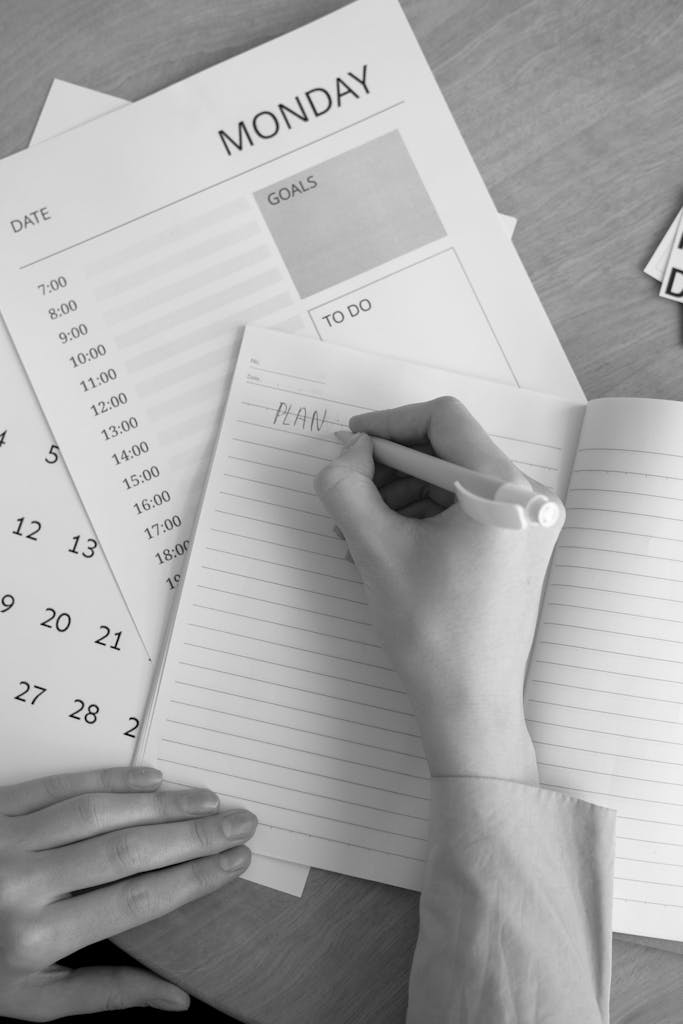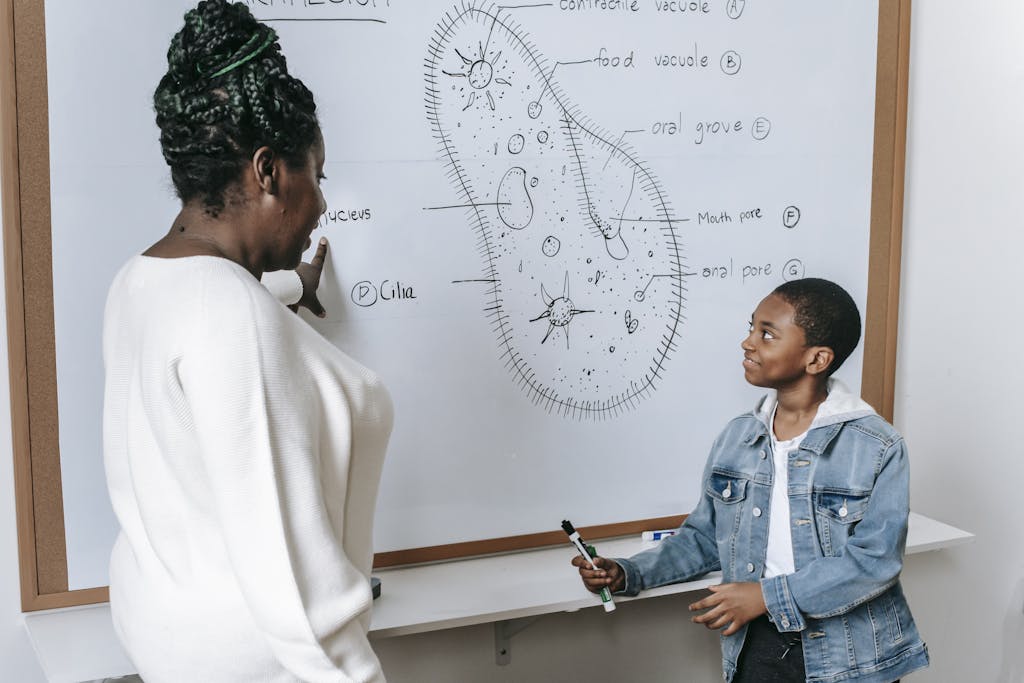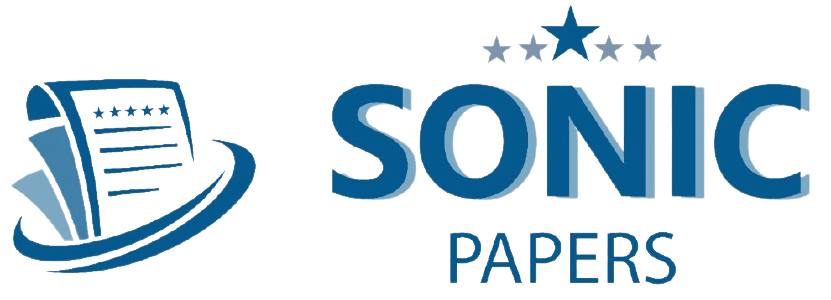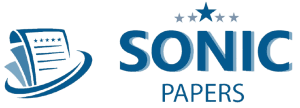College Struggle is Real – Especially When Your Notes Look Like Hieroglyphics
Have you ever been in an exam hall, with your papers in front of you and you are overwhelmed with cold sweating? Ink smears merge into each other in a way that even what was perfectly clear in lecture now appears to be writing on the wall of a modern pyramid.
This my friend, is the struggle of the college note-taker. We all find it hard to cope up with the flood of information that professors bombard us with. But worry not, you fellow student! This article is your weapon of choice – a guide to the best note-taking techniques that will make your college experience a thousand times better.
By the end of this guide, you will be able to take clear, concise and insightful notes that will make the knowledge you are absorbing, understandable. We can do it! Together we can triumph over those exams with the help of these mighty notes!
Prepping for Note-Taking Mastery/study tips: Because Knowledge is Power (and Preparation)
Before we dive into the nitty-gritty of note-taking methods, let’s address a crucial element: Preparation. Imagining yourself as a detective investigating a crime scene (the lecture hall, in this case) can help. The more you are prepared the easier it becomes to gather important points or clues and in doing so solve the case or ace that exam.

Here’s how to become a note-taking preparation pro:
- Preview the Crime Scene: It is also common for most professors to give out handouts of the material that is to be covered in class or the set of notes for the lecture. Spend about 10-15 minutes to review these and try to find out which of them are key concepts. This way, you have a general direction that the lecture will follow and you are able to prepare yourself for what points you should be paying more attention to when taking notes.
- Gather Your Tools: As any detective requires his lens so does the same go for you, this is where you will require the proper equipments. Regardless of whether you are a traditionalist and use a pen and paper or you have a state of the art tablet, ensure that all necessary tools are within reach for note-taking.
In this way, before entering the lecture hall, you’ll be ready with a focused mind to take some awesome notes! In the next section, we will be discussing various note-taking techniques that will assist you in selecting the proper one.
Method Madness: Choosing Your Note-Taking Style
That was a quick warm up and now that you are ready, let’s look at some tips and tricks that will help you to become an expert note taker. As it has been emphasized, there is no ideal solution, which means that you will have to make some modifications depending on the context. There are as many ways to study effectively as there are students, and the most effective method depends on the course material.
Here are three popular options to consider:
- The Cornell Method: This structured approach breaks your notes into clear sections: The following were the main cues, points, and summaries made during the meeting.

- While the lecture is being delivered, take note of cues such as dates or keywords on the left side of the paper.
- It should be emphasized that most of the notes should be written in the large note-taking area, which is located in the center of the workspace.
- At the bottom of the page, there should be an empty space where you should briefly outline what you understood after the class and what questions you may have.
- This method is particularly effective for courses that are characterized by a plethora of facts.
- The Outline Method: Mastermind Mapper: This method follows an outline structure of subheadings and headings just like in the normal outline format.
- Clearly write the main idea of the lecture and begin each new concept or piece of information with a tab or indentation.
- No writing should be longer than necessary, use bullet points and keywords whenever possible.
- It is most suitable for courses that have set patterns and sequential flow of material.
- The Mind Mapping Method: Organizing Creativity: The Creative Connector
- This concept map is an appealing way of presenting information since it starts with a main idea and then radiates out to other topics associated with it.
- It was noted that use of images, colors and symbols can be used to build up memory and enhance understanding.
Mind mapping is great for brainstorming, and for visualizing the connections between ideas and concepts that one may be interested in.
In the next part, let us explore some expert tips for note-taking so that it becomes more effective, irrespective of the strategy that you follow!
Power Up Your Notes: Pro Tips for College Conquerors
This is where having a good method is not the only thing that can help in note taking: there is more to it than structure. Here are some pro tips to transform your notes into powerhouses of knowledge:
- Focus on Key Ideas, Not Verbatim Transcription: Lecturers, for example, can use informal language and tell stories or make additional remarks in between main topics. Here, the focus is to give a summary of what was said or discussed without having to type down everything that was said.
- Embrace Shorthand: Lectures are time-bound and hence the use of time is of paramount importance in these events. Create a list of shortcuts to type in order to save time when typing in often used words or terms. This will help you stay abreast with the speed in which the lecture is conducted without compromising on comprehension.
- Leave Space for Exploration: Avoid putting all the details in the page. Don’t fill the text with all the details, questions, or illustrations you might want to include – this will allow you to return to this issue later. Reviewing your notes in this way also enables you to add more detail when preparing for the final exam and make the content more relatable.
- Think Visually: It should be noted that the human brain is very receptive when it comes to visuals. In this case, make use of headings, bullets, diagrams, even flow charts when taking notes so that it will be much easier to skim through and comprehend when the need arises.
- Listen Beyond Words: Many times, your professor will only communicate a part of the message through words, and the other part will be conveyed through body language. The things that can be written on the board, highlights on some points, or the change of the tone of the voice when giving some information are some of the ways of identifying important information.
By applying these tips, you will be in a position of noting in a way that is not only informative but also effective in terms of colors and preferred learning styles. In the next and the last part, you will find out how to convert your notes from the lecture hall to your exam success!
Beyond the Lecture Hall: From Notes to Knowledge

So, you have learned how to take strong notes in class. But what happens next? Here’s how to leverage your newfound note-taking skills to transform those scribbles into exam-smashing knowledge:
- Review is Key: Do not let notes remain idle! In an ideal world, you should go over the notes within a day of the class being taken. This assists in reinforcing contents in your memory and also pinpoint on areas that need further clarification.
- Re-write and Reorganize: Reviewing notes in the form of notes taking and summarizing them in your own words is one of the most beneficial strategies for improving knowledge. This process makes you think and link the ideas and concepts in a way that makes you understand the topic fully.
- Don’t Just Read, Do! : The notes, therefore, are not just a passive mirror of information. It is recommended to use them during the time when students study on their own, apart from attending classes. Use your notes to summarize the main points from the readings, make flashcards based on such notes, or simply use your notes to explain the concepts to yourself or your study partner.
Note taking is not a one-time activity because it is an evolving process that depends on the kind of class and the instructor. It is recommended to try out different approaches and techniques, and the longer one does this, the more one can find out what is the most effective. By applying such valuable strategies, you will surely achieve your goals and become a real master of the college exams!
Bonus – Taking Notes in the Digital Age
Technology is advancing at an alarming rate, and note taking is also going hi-tech. While some of the students believe that it is comfortable to take notes with the help of pen and paper, others state that note-taking applications are more convenient and help organize the information.
Here’s a quick overview of the pros and cons of both methods:
Pen and Paper:
- Pros: They also enable affordable, less distracting, and a more tactile experience of the content, which has been shown to enhance memory recall.
- Cons: May be extensive and time consuming to arrange, cannot easily be modified or transferred.
Note-Taking Apps:
- Pros: It can be easily edited, structured and searched, used for recording lectures, and often has functions for collaboration.
- Cons: Must have a battery, can be disruptive by receiving notifications, may not work effectively with some learning profiles.
In conclusion, the two methods are quite similar, and the best approach is relative to the learner’s preference. If you do choose to go digital, here are some tips for using note-taking apps effectively:
- Choose the right app: Looking for the most suitable option and determine which one has the characteristics that are suitable for your needs.
- Don’t just type everything: When taking notes, try to use some of the tools that the app provides such as voice recording, images, or diagrams.
- Stay organized: Organize notes by creating folders for various subjects, and using tags for notes that are relevant to multiple subjects.
- Sync across devices: This means that you can be able to go through your notes anytime you want from anywhere.
Remember, the key is to find a system that helps you to input information in the most efficient way and makes you go back to revise your notes more than once in the semester.
What we can do for you.
At Sonic Papers, we care about the welfare of students and provide services to make student life smooth and comfortable. From academic support to mental health resources, we’ve got you covered. Explore our services and find the ones that fit your needs perfectly!


